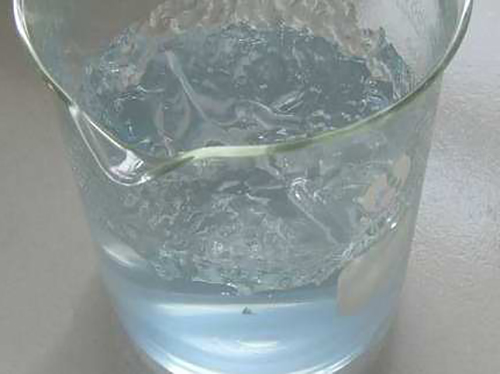Effective Industrial Flocculants for Water Treatment and Wastewater Management Solutions
The Role of Industrial Flocculants in Water Treatment and Resource Recovery
In our rapidly industrializing world, the demand for efficient processes in water treatment and resource recovery has surged dramatically. A crucial player in this field is industrial flocculants, substances that facilitate the agglomeration of particles in water, thus promoting the settling and removal of solids from liquids. This article delves into the significance, types, applications, and future prospects of industrial flocculants.
What are Flocculants?
Flocculants are chemical agents used to enhance the sedimentation of particulates in liquids. They operate by neutralizing the charges that keep particles suspended in a solution, allowing them to come together and form larger aggregates or flocs. These flocs can then settle more easily, facilitating the separation of solids from liquids. Flocculants can be natural, synthetic, or semi-synthetic in nature, each possessing unique properties and applications.
Types of Industrial Flocculants
1. Natural Flocculants Derived from plant or microbial sources, natural flocculants like starch, guar gum, and chitosan are biodegradable and non-toxic. They are increasingly popular in environmentally conscious industries, particularly in food and beverage production.
2. Synthetic Flocculants These are man-made chemicals, typically polyacrylamides, that possess tailored properties for specific applications. Synthetic flocculants are widely used due to their effectiveness in treating a range of industrial wastewater and their ability to perform under various conditions.
3. Mineral-Based Flocculants Materials such as bentonite and zeolites also serve as flocculants. They are less common but useful in certain niche applications, particularly in mining and oil recovery.
Applications of Industrial Flocculants
The applications of industrial flocculants are diverse and vital across numerous sectors
1. Water Treatment Flocculants are essential in municipal water treatment plants, where they help clarify drinking water by removing suspended solids, organic matter, and pathogens. This process is critical for ensuring the safety and quality of potable water.
industrial flocculant

2. Wastewater Treatment Industries such as textiles, pharmaceuticals, and food processing generate significant amounts of wastewater loaded with contaminants. Flocculants aid in the effective treatment of this water, ensuring compliance with environmental regulations and facilitating the recycling of water within processes.
3. Mining In the mining sector, flocculants are used to separate valuable minerals from waste materials. Through sedimentation, flocculants help recover metals and minerals more efficiently, reducing environmental impacts.
4. Pulp and Paper Industry Flocculants play a pivotal role in the production of paper by clarifying wood pulp and facilitating the reuse of water in the manufacturing process.
5. Oil and Gas Industry Flocculants are employed in the recovery of oil from wastewater and in hydraulic fracturing processes, enhancing efficiency and minimizing waste.
Future Prospects
The future of industrial flocculants is promising, driven by advancements in technology and growing environmental awareness. As industries become more focused on sustainability, there is a substantial push towards the development of biodegradable and eco-friendly flocculants. Research is ongoing to enhance the performance of natural flocculants and to create more efficient synthetic alternatives that minimize environmental impacts.
Moreover, innovations in nanotechnology and biopolymer science are paving the way for the introduction of new flocculants with superior performance. These advancements aim to address specific challenges in wastewater treatment and resource recovery, ensuring compliance with stricter regulations.
Furthermore, the integration of smart technologies in water treatment systems may also enhance the application of flocculants, with the ability to monitor and optimize flocculation processes automatically, thus increasing efficiency and reducing costs.
Conclusion
Industrial flocculants are instrumental in enhancing the efficiency of water treatment and resource recovery processes across various sectors. As the world increasingly prioritizes sustainability and environmental protection, the demand for effective, eco-friendly flocculants will only grow. By harnessing the power of both natural and synthetic options, industries can contribute to a cleaner and more sustainable future while meeting their operational needs. With ongoing research and innovation, the role of flocculants is set to evolve, offering new solutions to global challenges.
-
Pbtc Scale InhibitorPBTC: A Scale Protector for Industrial Water TreatmentNewsAug.05,2025
-
Organic Phosphonate: An Efficient Defender in the Field of Scale InhibitionNewsAug.05,2025
-
Hydrolyzed Polymaleic Anhydride: Green Pioneer in Scale Inhibition FieldNewsAug.05,2025
-
PAPEMP Polyamino Polyether Methylene Phosphonic Acid For SaleNewsAug.05,2025
-
Flocculant Water Treatment: A Pioneer in Purification in the Field of Water TreatmentNewsAug.05,2025
-
Benzyl Isothiazolinone: An Efficient and Broad-Spectrum Antibacterial Protective GuardNewsAug.05,2025





